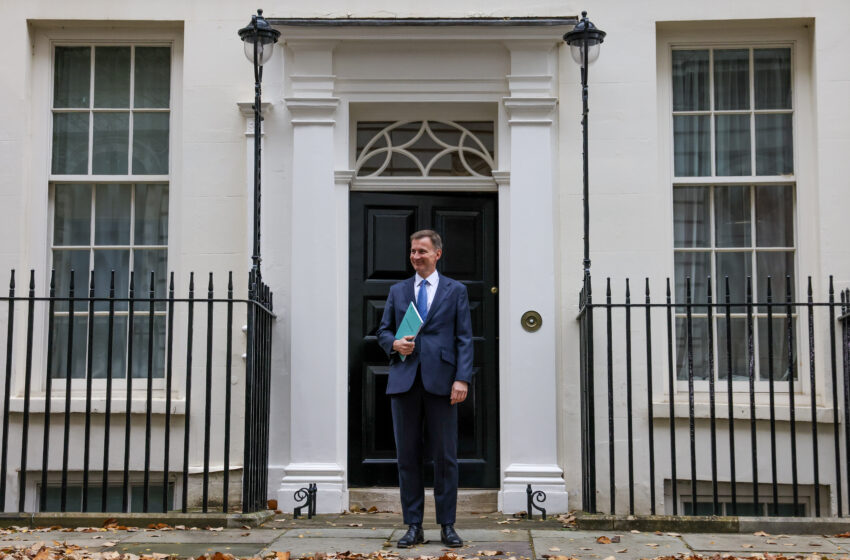
2023 Autumn Statement: what you need to know
On the 22nd of November, Chancellor of the Exchequer Jeremy Hunt presented the 2023 Autumn Statement explaining future plans for fiscal policy.
The main points from the speech were as follows:
- The employee National Insurance contribution rate will be cut from 12% to 10% on the 6th January 2024. National insurance is a tax on earnings paid by employers and employees. Employees pay national insurance once their income exceeds the £12,750 threshold.
- Hunt also confirmed that the National Living Wage will be raised from £10.42 an hour to £11.44 an hour. This applies to over 21s and will result in around £570 more per year for 5.5mil UK households. Before the autumn statement the NLW was applicable to over 23s but the age has been lowered.
- In addition, the National Minimum Wage, which applies to under 18-20 year olds is increasing to £8.60 an hour.
- The ‘full expensing’ tax break for businesses has been made permanent which will allow for businesses to invest more in machinery and technology. ‘Full expensing’ means purchases on equipment and upgrades by companies will be tax-free and is essentially a tax break for corporations
- Universal credit will rise by 6.7%, this is a means-tested benefit available for low-income people. This raise is in line with inflation, meaning those on universal credit will not be more well-off after the increase,
- However, alongside benefit increases the government is cracking down on claimants who they deem able to work but are claiming unemployment benefits.This will include tracking whether Universal Credit claimants have been attending job fairs and interviews and enforcing mandatory work placements for any recipients still unemployed after 18 months.
- There is a freeze on raising alcohol duty, a tax levied on alcohol, until 1 August 2024.
- The Office for Budget Responsibility has said there will be a £19 billion cut to public service spending in order to tackle waste.
- All eligible working parents in England can access 30 hours of free childcare per week for 38 weeks per year from when their child is 9 months old, to when they start school.
Despite these changes, Hunt is operating in a context where the tax-burden is at a 70-year high. High taxes are resulting in increased discontent from Conservative backbenchers and media who see the party as the traditionally low-tax, less public spending party.
Hunt attempted to outline more positive news, opening saying that the economy has grown since the pandemic instead of falling into recession.
He then stated that “we [the party], reduce debt, cut taxes and reward work. We deliver world-class education. We build domestic sustainable energy and we back British business with 110 growth measures”.
He reinforced this attempt at optimism saying that the economy is predicted to grow by 0.7% in 2024. However this is lower than the Office for Budget Responsibility (OBR)’s 1.8% forecast.
In addition, inflation is expected to fall down to 2.8% by the end of 2024 which is still 0.8% above the Bank of England’s 2% target.
Labour Shadow Chancellor and MP for Leeds West, Rachel Reeves, responded on the Labour Party website:
“The Chancellor claims the economy has ‘turned a corner’, yet the truth is that under the Conservatives growth has hit a dead end.
What has been laid bare today is the full scale of the damage that this government has done to our economy over thirteen years.
And nothing that has been announced today will remotely compensate.”
Rachel Reeves
The autumn statement marks just another part of the Labour-Conservative fight to establish themselves as fiscally responsible ahead of the 2024 General Election.

